
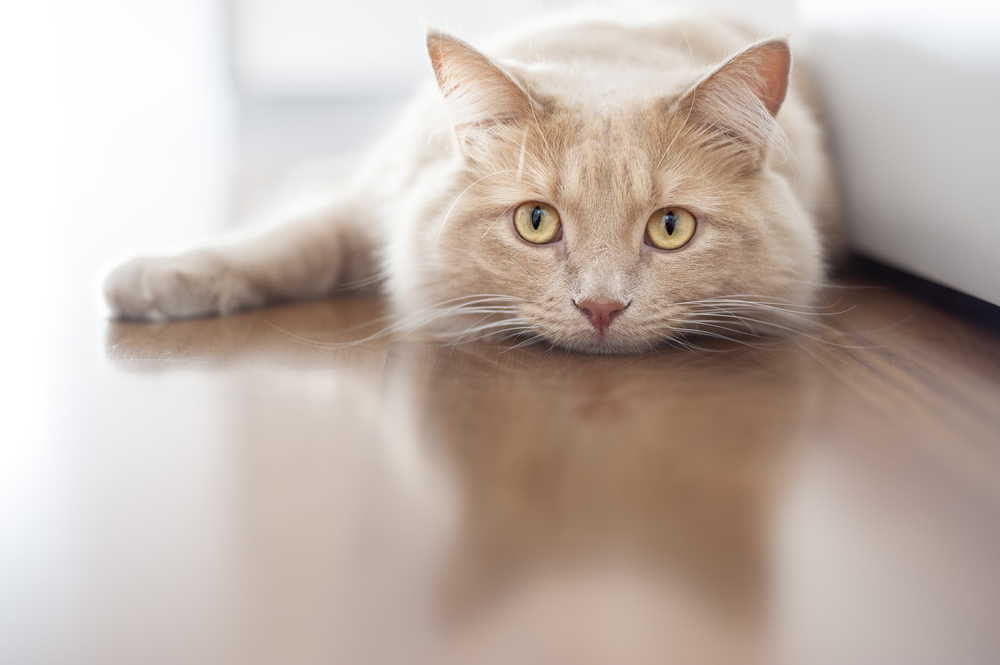
When a cat's stomach contents (i.e., food) move backwards, up into the esophageal track and into the mouth, this is referred to as regurgitation. This medical condition can be congenital or it can be acquired from a variety of causes. Fortunately, modifications to your cat's diet, in conjunction with medication, will correct the condition in most cases.
Regurgitation can occur in both dogs and cats. If you would like to learn how this medical disorder affects dogs, please visit this page in the PetMD health library.
Common symptoms associated with regurgitation include:
Regurgitation can occur in any breed, although Siamese cats and Siamese-related cats are predisposed to the condition. Also, regurgitation occurs more commonly in dogs than in cats.
There are several medical problems that can cause regurgitation, including:
First, your veterinarian will determine whether vomiting alone caused the symptoms associated with regurgitation. If the condition has been prolonged, an examination of the throat area will be performed to determine the extent of any long-term damage. X-rays and other forms of diagnostic imaging procedures may also be used to examine internally for damage.
Experimentation with the cat's diet will likely be undertaken to see if the condition subsides with modifications. In most cases, your cat will require some form of ongoing therapy to manage the regurgitation.
Ongoing administration of any necessary medications, as well as diet management, will be important in managing this condition.
There are a variety of medications that can help prevent regurgitation, as well as antibiotics that can help with any symptoms or signs of pneumonia, which is also commonly present in cases of regurgitation.
Image: Stefano Garau via Shutterstock
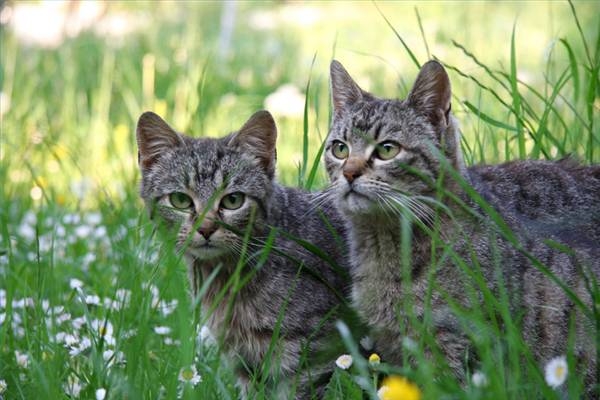 Plants That Are Used to Repel Cats
Plants That Are Used to Repel Cats
Pla
Plants That Are Used to Repel Cats
Plants That Are Used to Repel Cats
Pla
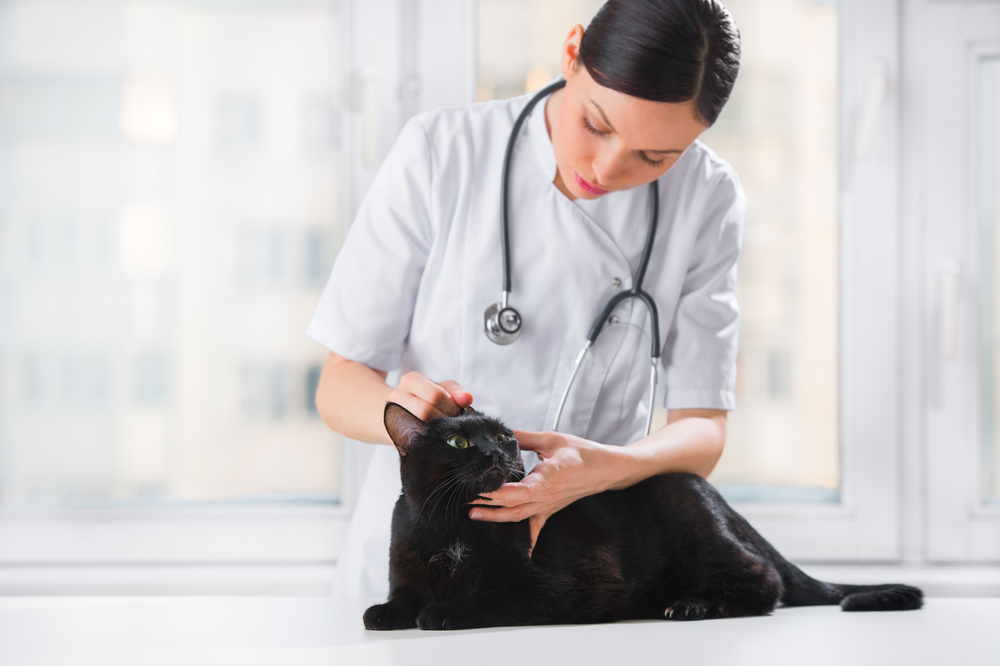 Diseases of the Skin on the Nose of the Cat
Nasal Dermatoses in Cats
Many diseases affect the
Diseases of the Skin on the Nose of the Cat
Nasal Dermatoses in Cats
Many diseases affect the
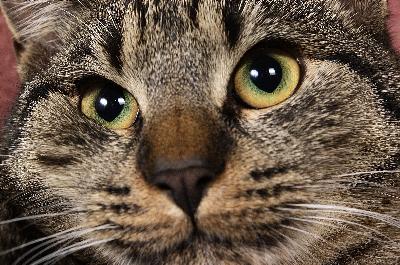 Why Do Cats Head-Butt?
Why Do Cats Head-Butt?
Why Do Cats Hea
Why Do Cats Head-Butt?
Why Do Cats Head-Butt?
Why Do Cats Hea
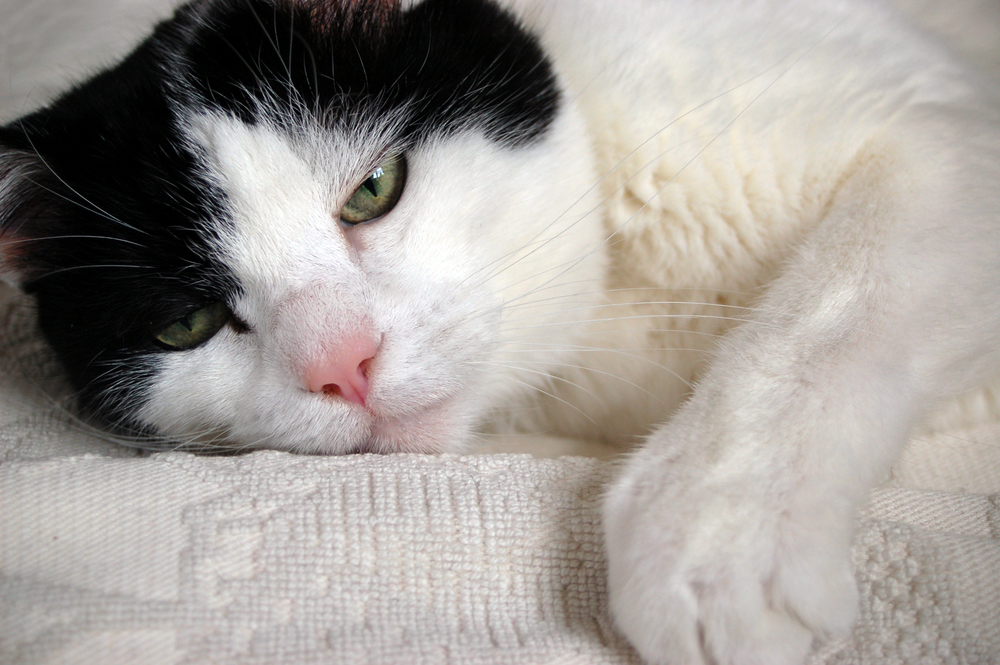 Cataracts in Cats
Cloudiness of the Eye Lens in Cats
Cataract refer
Cataracts in Cats
Cloudiness of the Eye Lens in Cats
Cataract refer
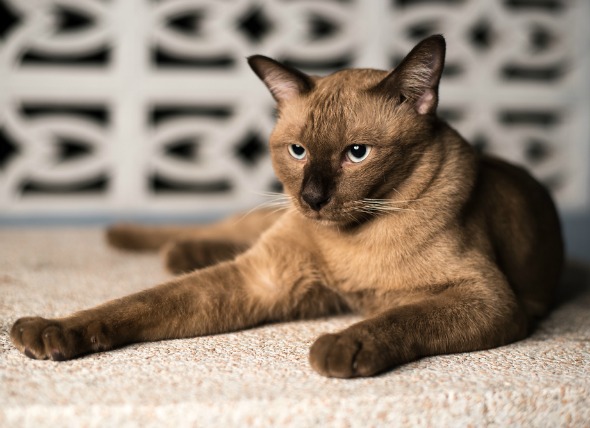 Kidney Failure (Long-Term) in Cats
Chronic Renal Failure in Cats
Sixteen out
Kidney Failure (Long-Term) in Cats
Chronic Renal Failure in Cats
Sixteen out
Copyright © 2005-2016 Pet Information All Rights Reserved
Contact us: www162date@outlook.com